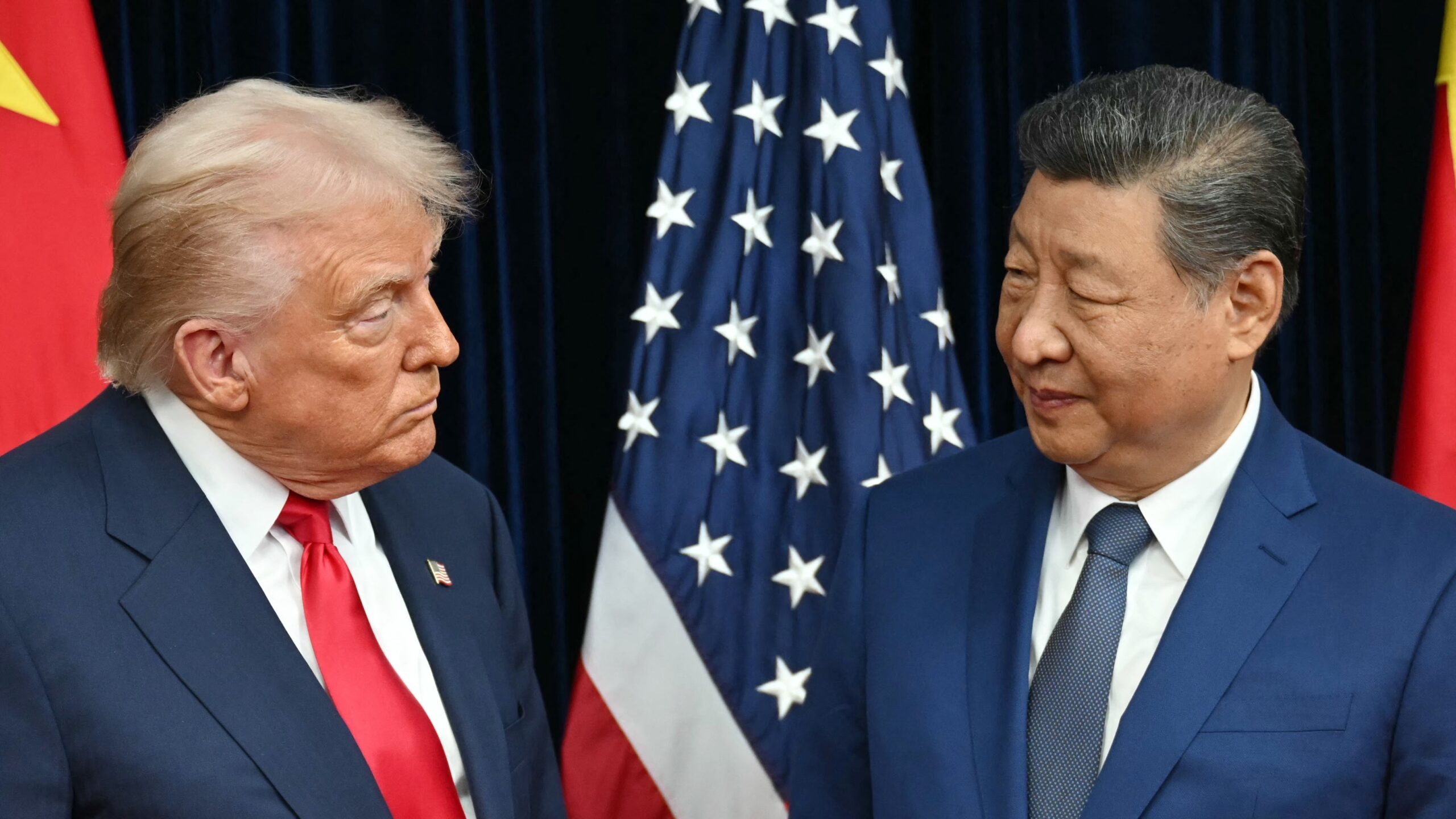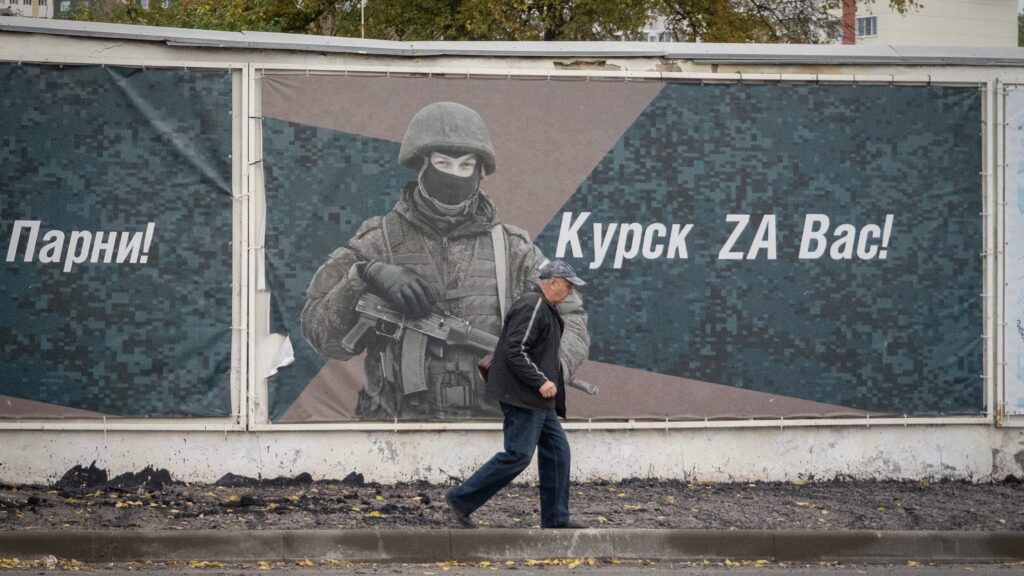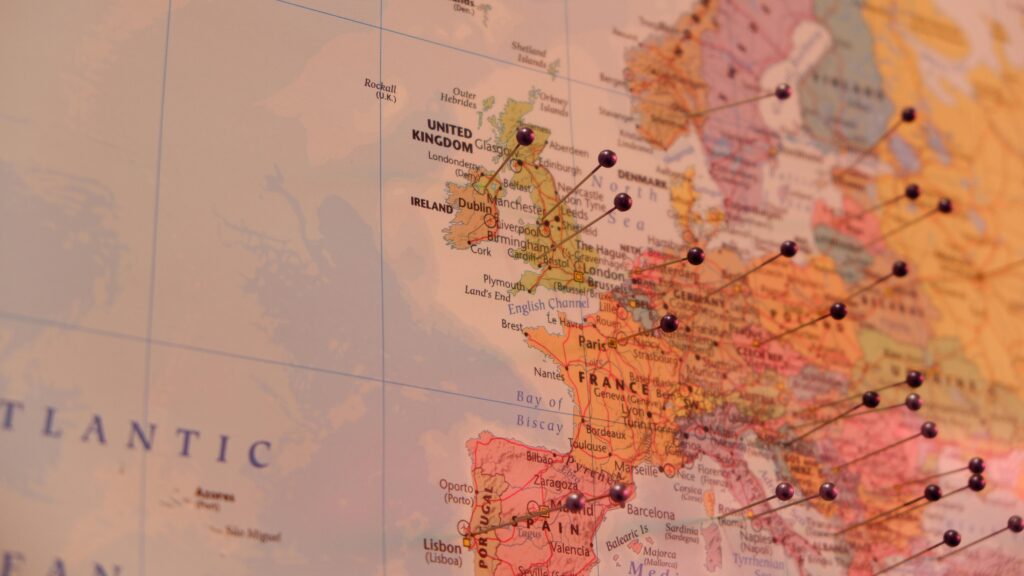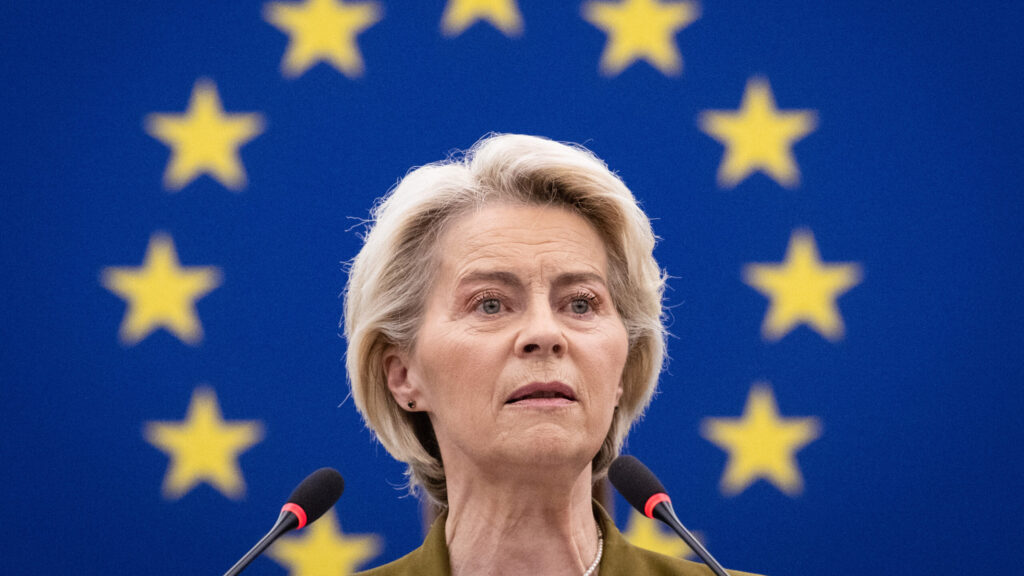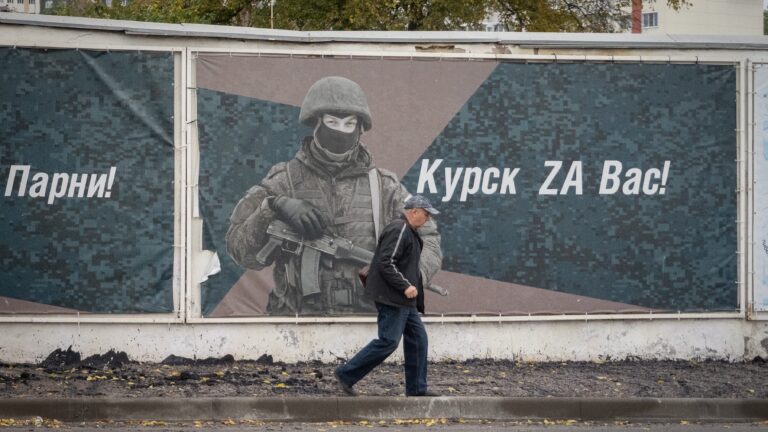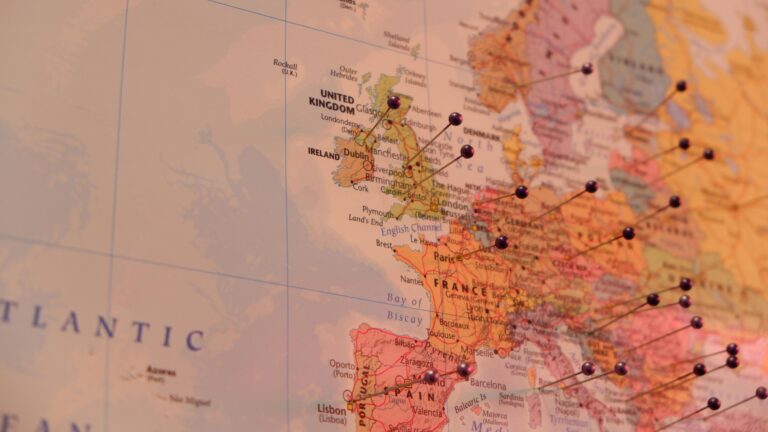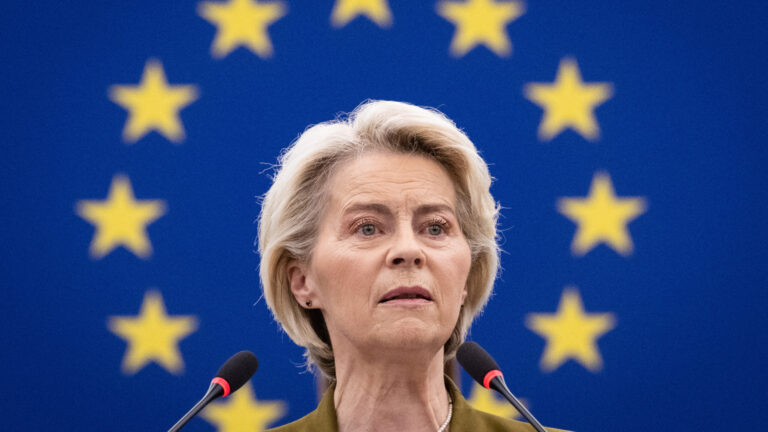Donald Trump sounds jubilant about the recent Busan deal between China and the US, granting it ‘a twelve out of ten’. Yet the agreement only stopped Beijing from further tightening its rare-earth squeeze. Far from resolving the underlying economic and political rift, the Busan accord was merely the latest act of damage control from Washington in a confrontation of its own making.
When President Trump recklessly escalated America’s trade offensive against China in the spring, his administration assumed Beijing would fold quickly, believing that China was too dependent on US markets and the dollar system to endure prolonged pain. But Beijing did not fold and, in fact, has the upper hand.
Five months of tit-for-tat measures have revealed that the Trump administration radically underestimated Chinese capabilities and the resolve of the Communist Party of China (CPC), founded to withstand precisely this kind of capitalist bullying.
The Trumpists assumed it would be easy, but a trade offensive against China is not a dinner party, to borrow Mao’s line about revolution. Mao coined the phrase in 1927 in his Report on an Investigation of the Peasant Movement in Hunan, where he mocked urban revolutionaries who imagined that their struggle would unfold in an orderly, gentle manner.
‘A revolution is not a dinner party’ later travelled the world through the Little Red Book, the pocket anthology of Mao’s quotations distributed to Chinese soldiers and Western radicals in the 1960s.
A trade offensive against China—now the world’s industrial giant—is not a dinner party either, even though Trump and his advisers seem to have believed it would be.
That hubris goes to the heart of the Trumpist spirit itself. Trumpism rests on the conviction that outsiders have been taking advantage of America and that this injustice can be swiftly corrected through the sheer assertiveness of a strong American leader. That self-deluding overconfidence led Trump to underestimate China in his first trade offensive of 2018 and again in the new escalatory wave that began this year.
Projecting victory—total victory over the outside world—is central to the Trumpist style. By now, Treasury Secretary Scott Bessent knows all too well that the US has entered a far more complex struggle than expected, but he continues to project a faux confidence. After the Busan summit, where President Trump and General Secretary Xi Jinping agreed on a framework deal to pause further escalation, Bessent struck a tone of triumph. Speaking to the Financial Times, he declared that Beijing had ‘made a real mistake’ by turning rare earths into a weapon.
‘Projecting victory—total victory over the outside world—is central to the Trumpist style’
China’s dominance in rare earths makes that boast hard to sustain. It controls roughly 70 per cent of global rare-earth mining and around 85–90 per cent of refining capacity for the 17 metallic elements essential to electric vehicles, wind turbines, satellites, smartphones, precision missiles, and the magnets inside F-35 fighter jets.
Beijing holds the industrial chokepoint of the 21st century, first introducing its export licensing system in April, then announcing further, stricter rules in October. The move was a calculated squeeze: by forcing exporters to seek state approval for every shipment of rare earths, Beijing turned the flow of critical materials into a lever of political control. The US has now persuaded China to postpone the additional squeeze announced in October—but the existing one persists.
Bessent boasted that the United States would secure alternative supplies within two years, but that is unrealistic. Building new mines in Texas or Greenland, and especially refining facilities, will take far longer. His remark was meant to project confidence; in truth, it betrayed anxiety. For all the talk of leverage, Washington has discovered that coercing the world’s most integrated manufacturing power is no small feat.
The Busan framework itself offered little beyond a breathing space. America agreed to suspend its planned 100-per-cent tariffs, keep the average rate near 47 per cent (ironically, that is lower than the rates currently applied to India and Brazil), and delay expanding its blacklist of Chinese subsidiaries. China promised to resume purchases of American soybeans and to postpone, for one year, its newly announced rare-earth export regime of October.
Its existing licensing and inspection system, however, will continue to choke the supply.
Where does that leave us? In a dangerous and destructive economic and political conflict that will roll on, even though the most recent escalations have been paused. The Busan deal postpones the most recent escalations but resolves nothing, nor does it alter the balance of power.
Who is ‘winning’? Which side is coping better with the mutually inflicted damage?
It appears to be China, as The Economist recently argued. Beijing has proved capable of retaliating with ‘escalatory symmetry’, matching American pressure with its own. Chinese exports to the US have dropped, yet total exports have risen as trade shifts to Southeast Asia, Russia, and Latin America.
‘China is not merely defending itself; it is learning to set the rules of global trade’
By experimenting with export controls and licensing regimes, China is not merely defending itself; it is learning to set the rules of global trade, turning its industrial might into regulatory power.
China’s advantage is institutional. Whereas the White House cannot ignore Wall Street or maintain a hard line when Congress, business lobbies, and markets all scream at once, the Politburo is insulated from short-term market tremors and the lobbying of business magnates. It can absorb economic pain strategically.
Moreover, the CPC has been preparing for an economic standoff with the US since the first Trump period, boosting domestic supply chains, expanding trade across the global South, and investing in resource security.
Here is Mao’s longer formulation: ‘A revolution is not a dinner party, or writing an essay, or painting a picture, or doing embroidery; it cannot be so refined, so leisurely and gentle, so temperate, kind, courteous, restrained and magnanimous.’
In the spring, Trump, Navarro, and Bessent readied themselves for a dinner; they also wrote essays, painted pictures, and did a little embroidery. But they now find themselves in a protracted trade conflict with the largest industrial manufacturing base in history, led by the CPC, the most powerful political organization on earth. And they must keep pretending that they are about to win a victory for America.
Related articles:

